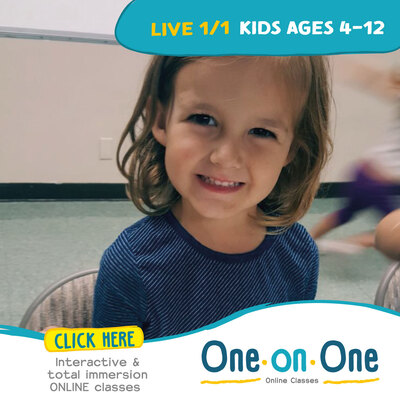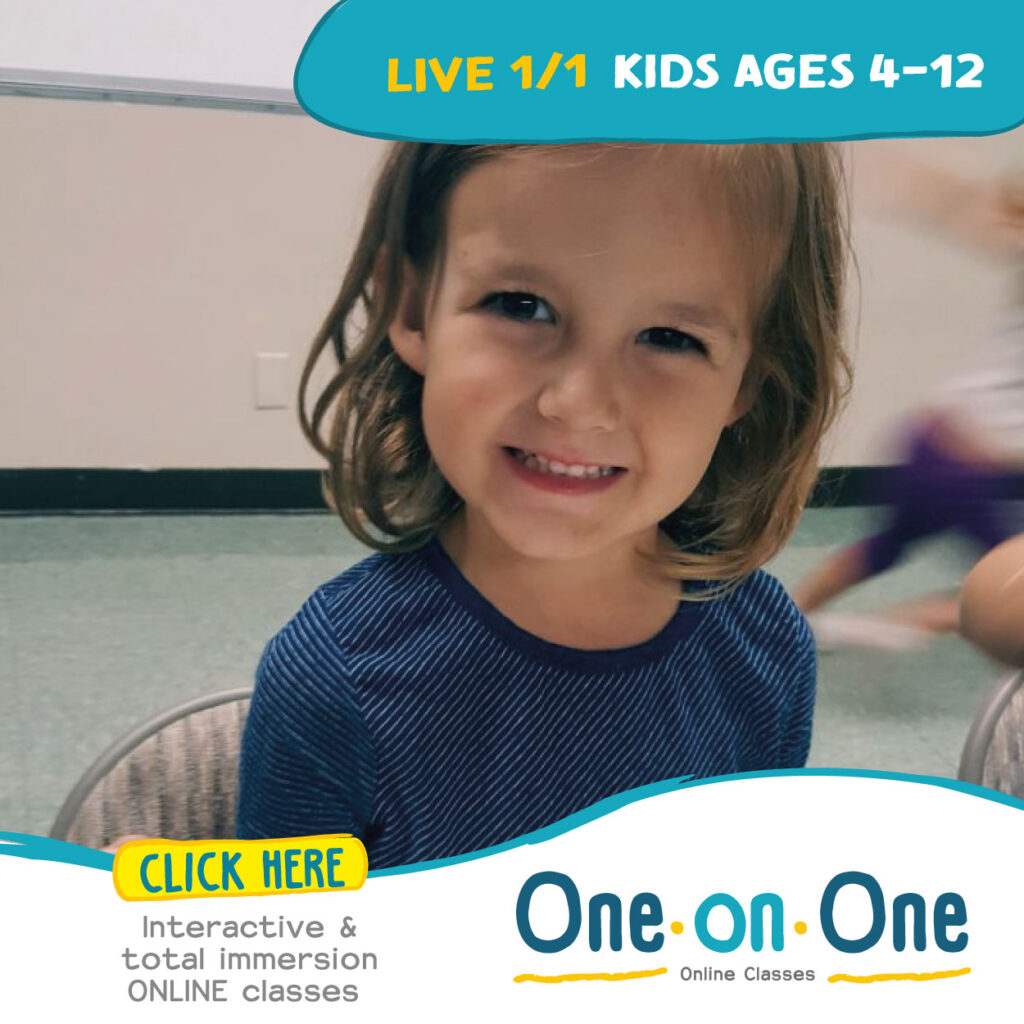Raising children is challenging. Raising children to speak a second language in the home is even more challenging. When the process becomes difficult or discouraging, it can be a huge encouragement to hear stories of those who have gone before you and succeeded. Below are two success stories of parents utilizing different methods of raising bilingual children:
Success Story #1: A Family in Japan
“Been in Japan almost 20 years, have an 11 and 8 year old. 11 year old took to English and I’d say is functionally bilingual. 8 year old is close. They go to public Japanese school.
- All media is in English unless it is originally Japanese. All game UI is in English.
- I bought grade school workbooks (from the US) and every Saturday we do a couple pages. I do one grade behind so they do not have trouble with the actual content, and it gives them confidence.
- I have no interest in speaking Japanese with my children. If they want to communicate, it is in English (barring stressful situations where they or me are put on the spot)
- Now that my kids are older I have them explain almost everything to me like I didn’t understand it in Japanese. If they have a bunch of friends over and I need to explain something I do it through my child. I am confident they like the responsibility and makes them feel empowered.
- No katakana English. If they use the Japanese pronunciation then the conversation stops until they say it right. This sounds strict but my kids’ pronunciation has developed nicely.
- TV and Video games have helped tremendously. Monumentally. Extraordinarily. My children’s vocabulary is quite advanced and shockingly inappropriate at times. But wouldn’t trade it for anything.
- Last but not least, I speak and expect my children to understand what I am saying (relative to their age). No babying.
- To sum it up, I am happy with my children’s progress and it is possible to raise bilingual children in Japan even without international school. Just takes effort and the desire to do it.” (Original comments found here).
Success Story #2: Señora Jackie, Owner of Cultural Bytes
“I have one son and two daughters. We moved our family from Colombia to the US in 2006 where I put the kids in English Language Development classes. All three are fully bilingual today.”
- Before we moved to the US, I encouraged my son and daughter to watch English television shows like “Between the Lions” with English subtitles so they could learn how to have better grammar. They also listened to music and while reading the lyrics, they could understand the meaning behind the words.
- ELD teachers encouraged the students to have friends that did not speak their same language. My son and daughter also read a lot of children’s books to gain vocabulary. My daughter listened to rap and hip hop because she said it sounded like poetry with a beat and wrote a lot of fiction stories. She would have her teachers correct the stories in order to learn from her mistakes. Here’s what my daughter told me one time when we were talking about past memories: “The best thing I did to learn English was using the words I would learn and try to use them to communicate with others. Expressing my feelings and my fears was very important. I did this a lot with the help of the lyrics of songs and writing stories to share.”
- Read the full article HERE.
Common Theme
Different countries, families, methods, and circumstances, but the common theme between these two stories is that the parents took advantage of the opportunities inside and outside of the house to expose their children to the target language. To succeed with your children, you must do the same. We suggest you take advantage of one of the many language programs that Cultural Bytes offers: One-on-one (Spanish, French, Mandarin), ViLaCa (Spanish), Summer and Winter Camps (Spanish), and After School Enrichment (Spanish – call (818)937-3615 for more information).
P.S. If you want even more bilingual success stories, we suggest you read Bilingual Success Stories Around the World: Parents Raising Multilingual Kids Share Their Experiences and Encouragement, written by Adam Beck. (Link HERE).








